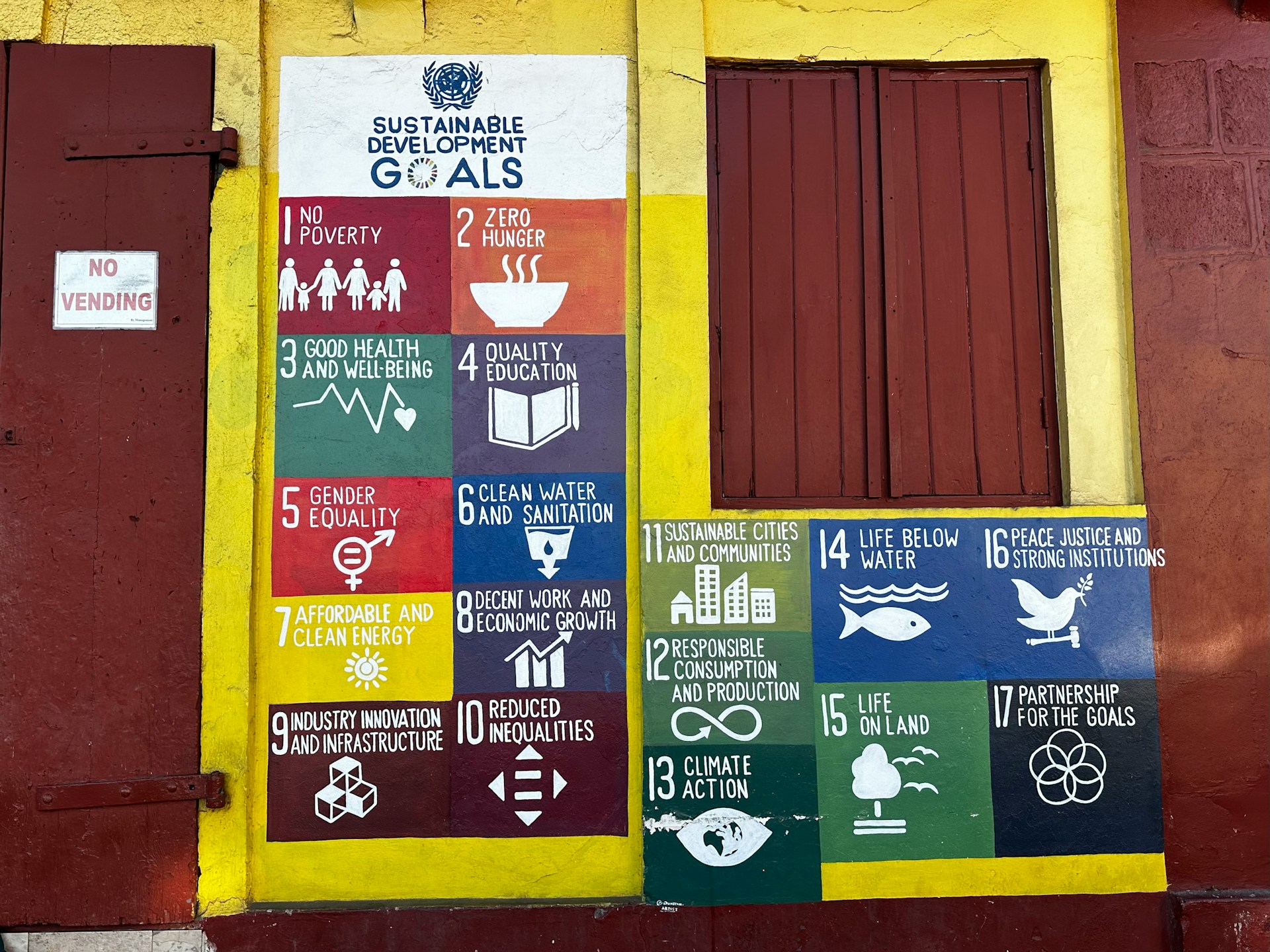Knowledge documents
04 September 2025
New report highlights unequal access to sustainability certification in European hospitality
Knowledge documents
04 September 2025
MICE tourism
Urban/city tourism
Best practices, peer learning and networking
+5 more
Login / create an account to be able to react
-
112

A new consultation draft report led by Professor Xavier Font (University of Surrey) analyses how EU legislation on green claims and consumer protection could unintentionally deepen inequalities in the hotel sector. It shows that certification is concentrated among large hotel chains, while small and independent hotels face barriers that may limit their ability to compete. We recommend reading this important report for anyone working with sustainability and tourism policy.
University of Surrey
University of Surrey
Topics
EU-27
Academic / Research and VET Institutions
Destination Management & Marketing Organisations
SMEs (a company with less than 250 employees)
-
Specific types of tourism
-
-
MICE tourism
-
Urban/city tourism
-
-
Transition Pathway Strategic Areas
-
-
Best practices, peer learning and networking
-
Circularity of tourism services
-
Green Transition of Tourism Companies and SMEs
-
-
Business activities
-
-
Holiday Housing / Apartments and other short stay accommodation
-
Hotel and similar accommodation
-
Other accommodation
-
Share
A new study, “Inequitable Access to Sustainability Certification: Implications for the Implementation of European Greenwashing Legislation,” explores how current and forthcoming EU rules—such as the Empowering Consumers for the Green Transition Directive and the proposed Green Claims Directive—may reshape the tourism landscape.
The report finds that only 9.3% of European hotels were certified in 2024, with certification largely concentrated among large, high-end chains. Independent and smaller hotels struggle due to disproportionate costs, limited resources and lack of support. Without targeted policy measures, this could entrench inequities, allowing only the best-resourced businesses to make verified environmental claims while sidelining others.
The authors also point to the pivotal role of Booking.com’s removal of self-reported sustainability badges in 2024, which pushed many hotels towards third-party certification. They outline four common strategies emerging in the sector: “wait and see,” “partial investment,” “growth” among larger players, and “withdrawal” by smaller hotels.
This is a timely and highly relevant analysis for hospitality businesses, policymakers, certification bodies and destination managers. It provides a critical perspective on how green legislation may affect competitiveness and equity across the European tourism market.
The report is available as a pre-publication for open peer review. We recommend reading the full draft for a detailed exploration of the data, implications and strategic responses for the sector. The report is available here.
##Green transition #Climate action #Resource efficiency #Climate neutral travel
Comments (0)
Related content
See also
EU's Blueprint for Sustainable Tourism: Transforming Hospitality into a Green Future
- Categories
- Coastal, maritime and inland water tourism Cultural tourism Ecotourism +28 more
Tracking Tourism's Role in Global Progress: UN SDGs Report 2025
- Categories
- Coastal, maritime and inland water tourism Cultural tourism Ecotourism +43 more
G20 Tourism and SDGs Dashboard by UNWTO and India's G20 Presidency
- Categories
- Coastal, maritime and inland water tourism Cultural tourism Ecotourism +59 more







